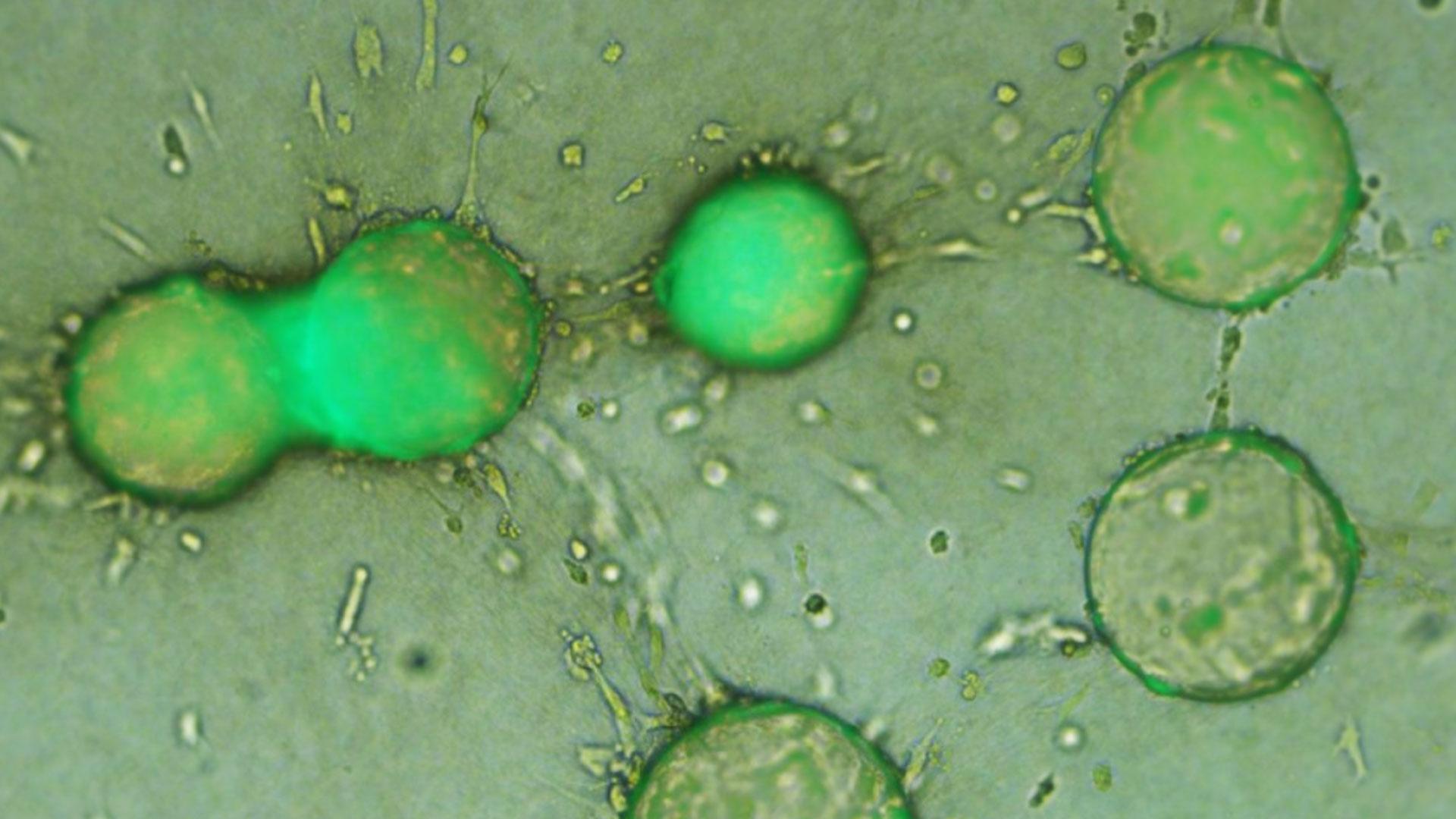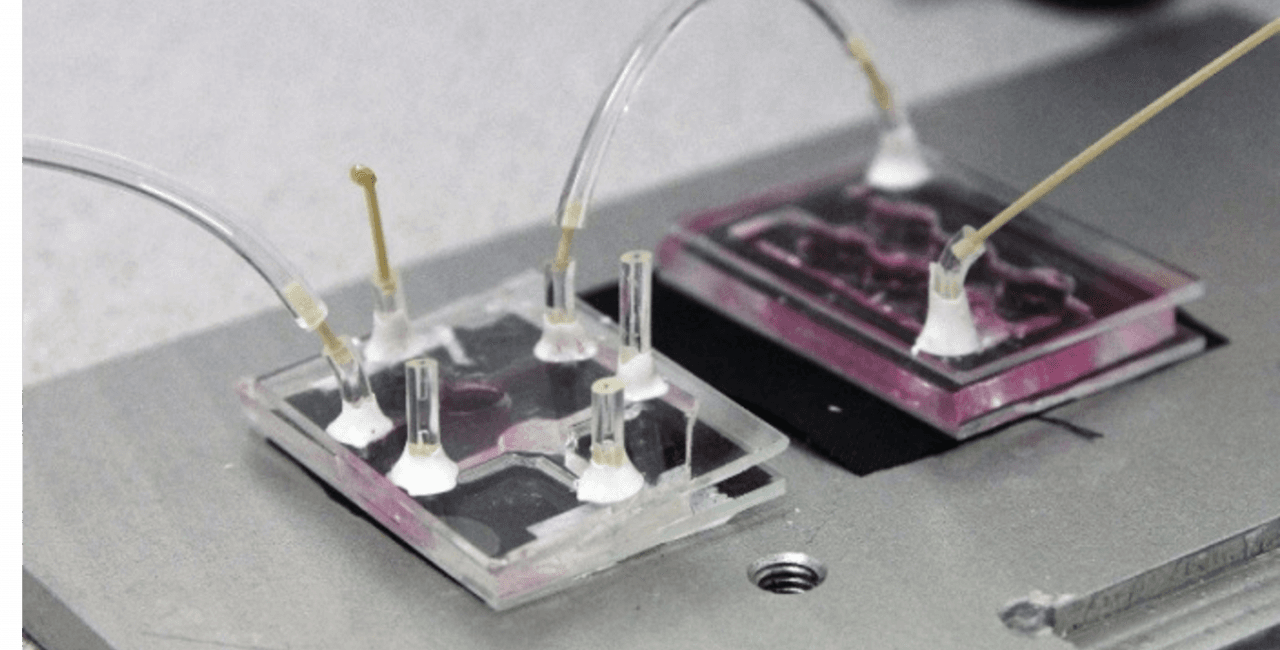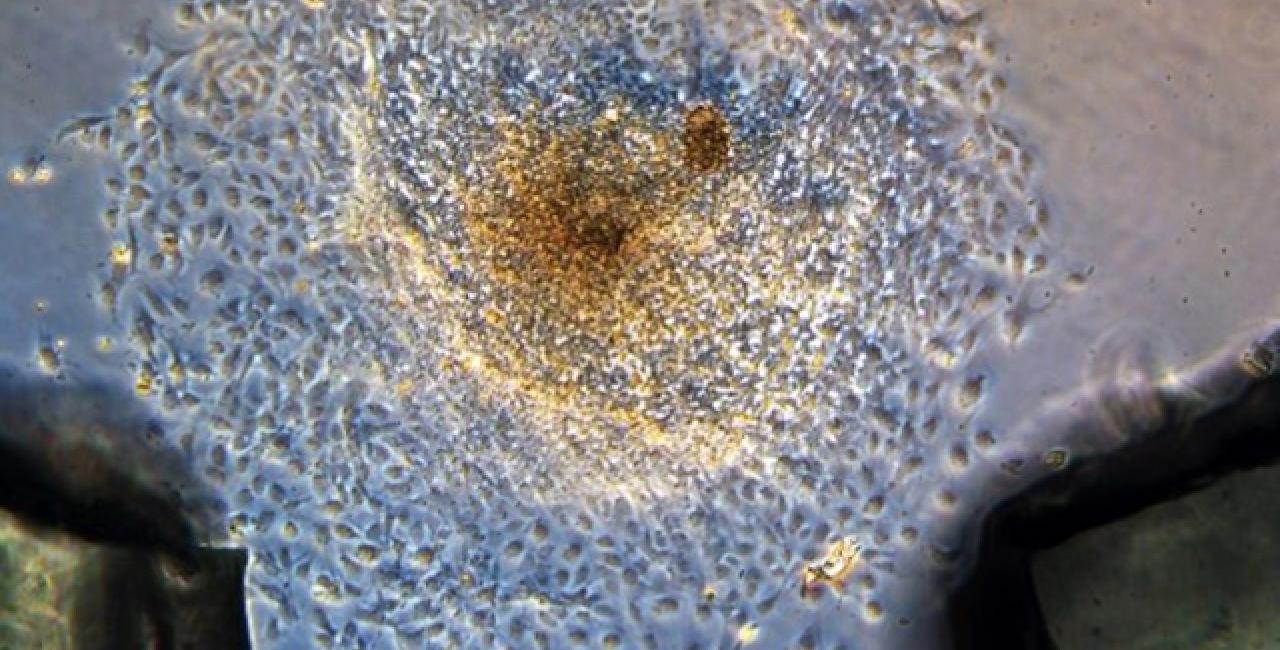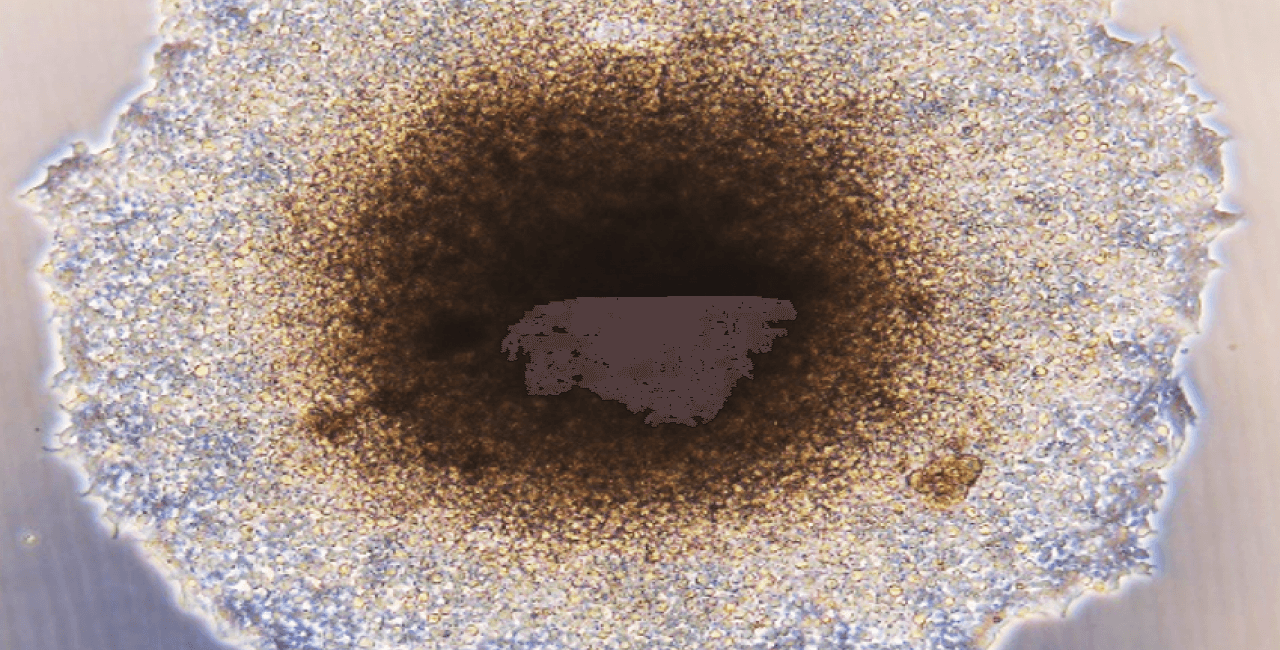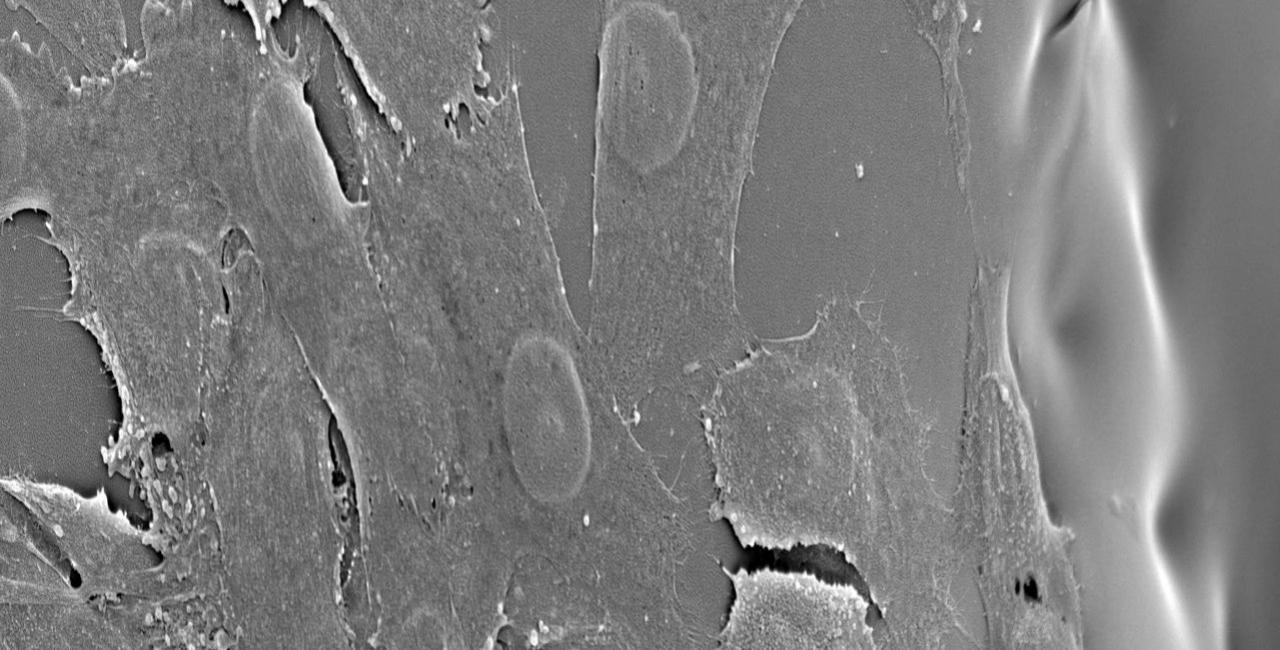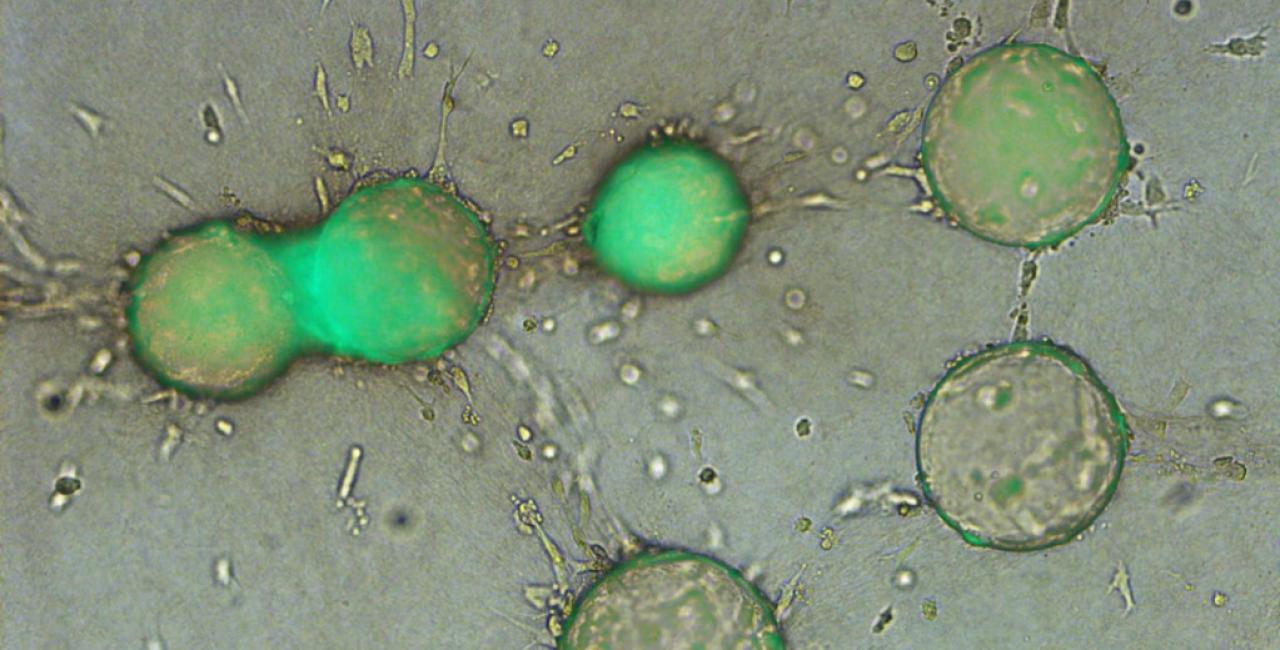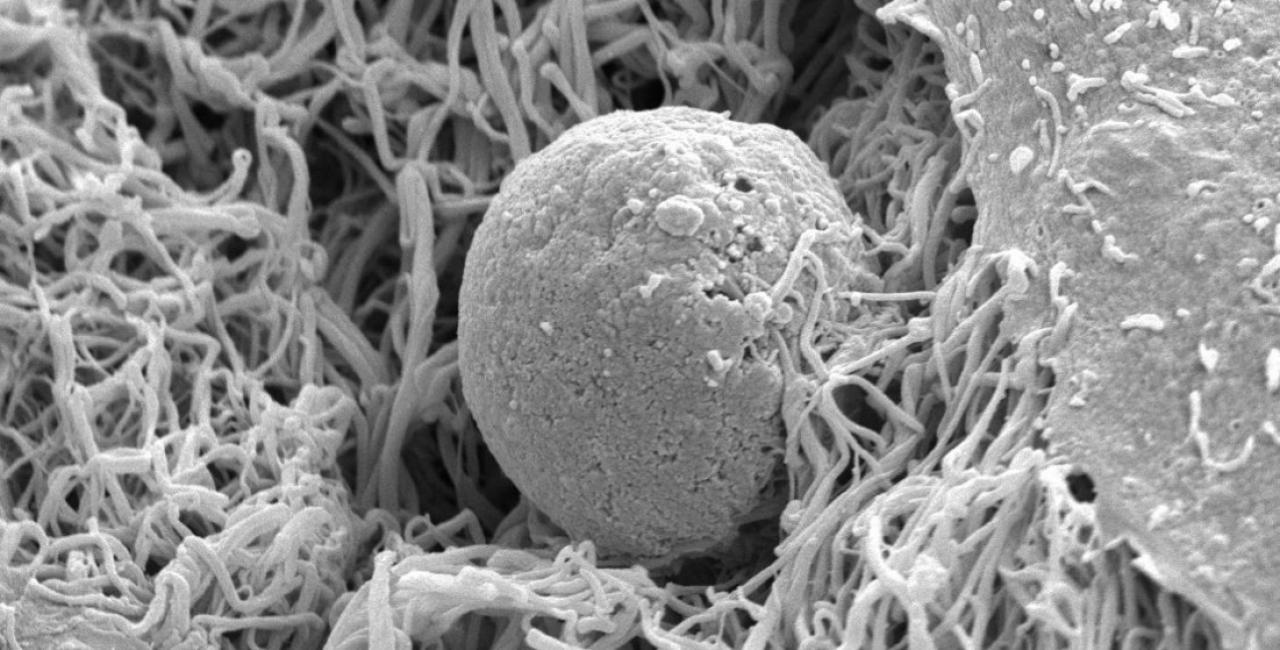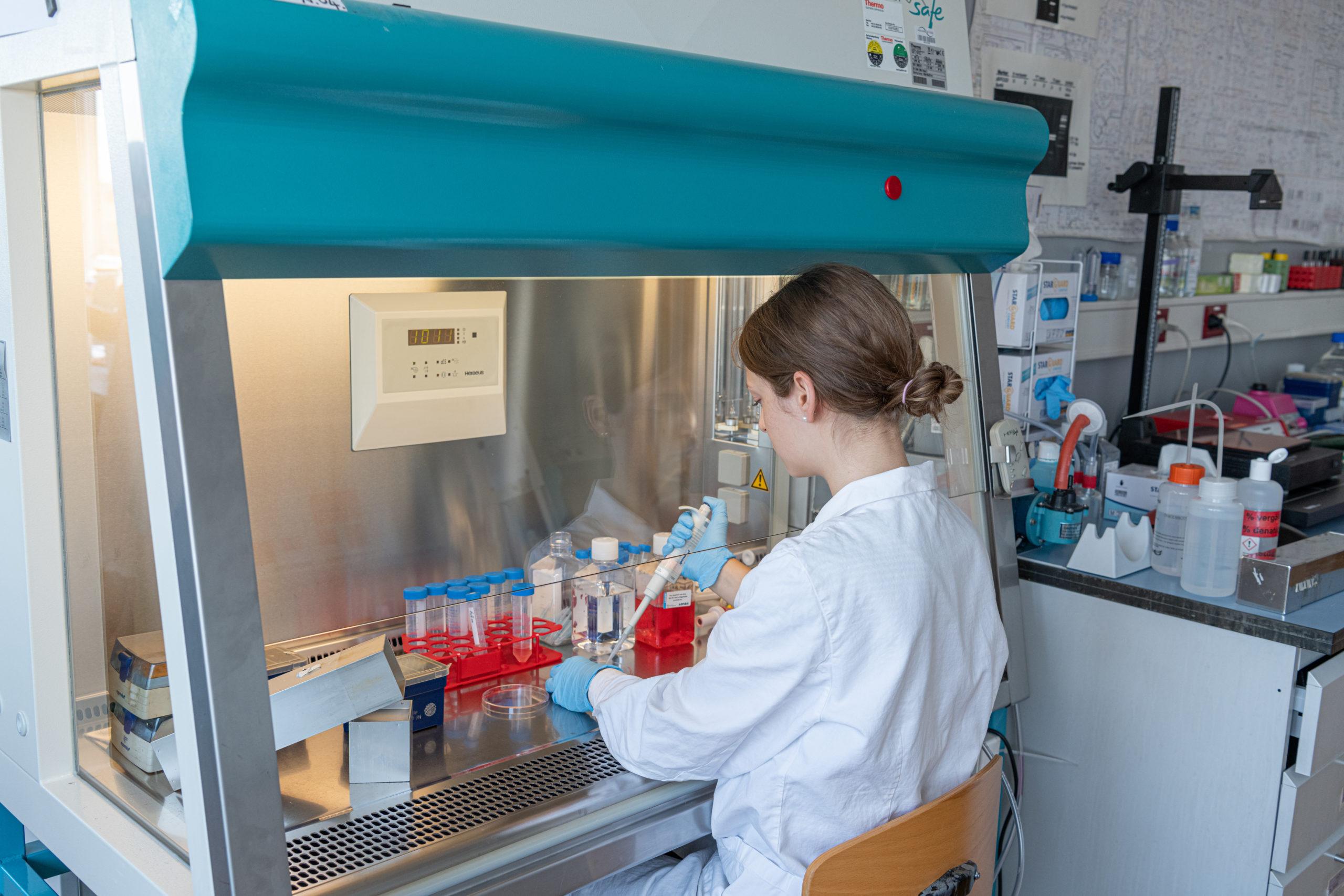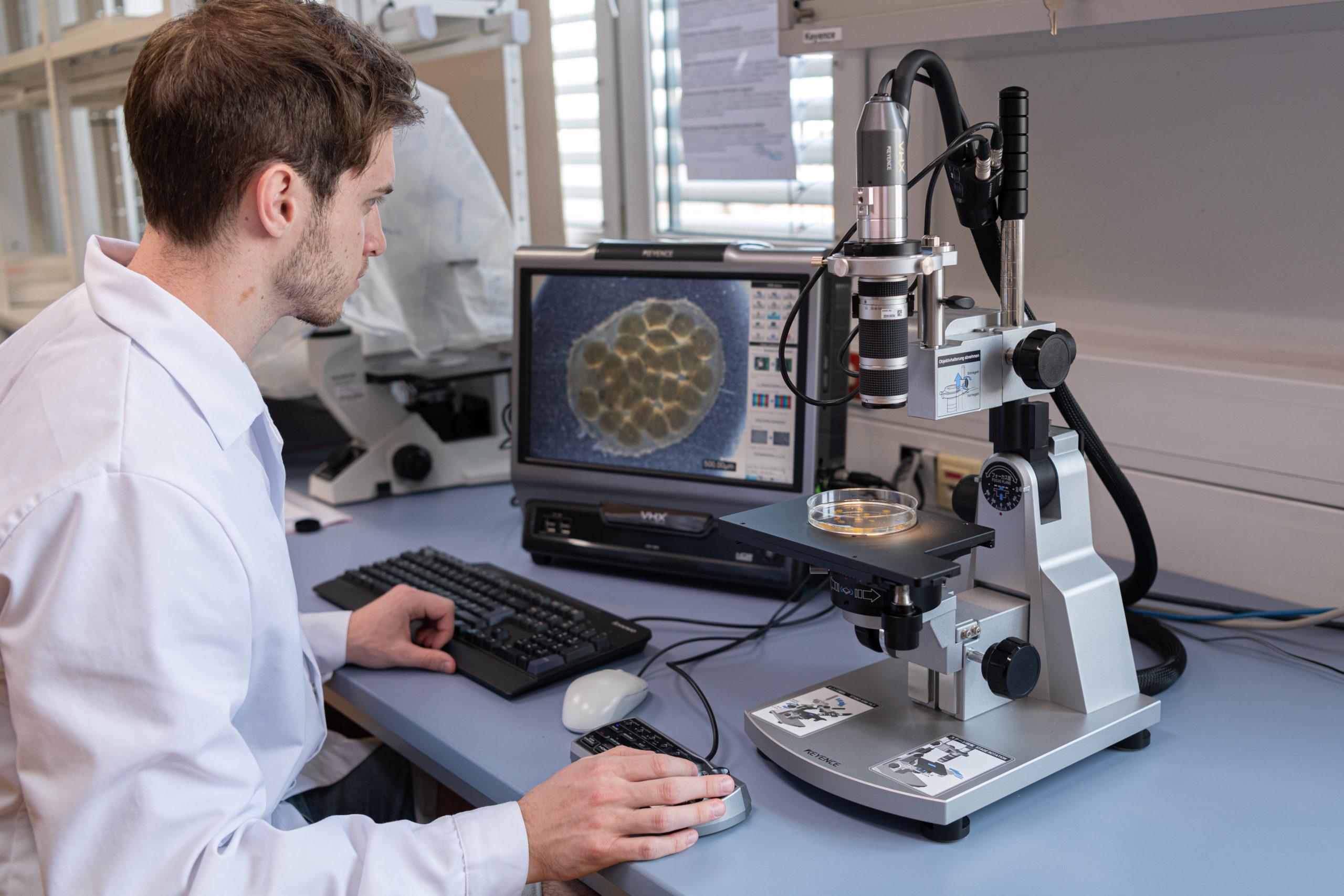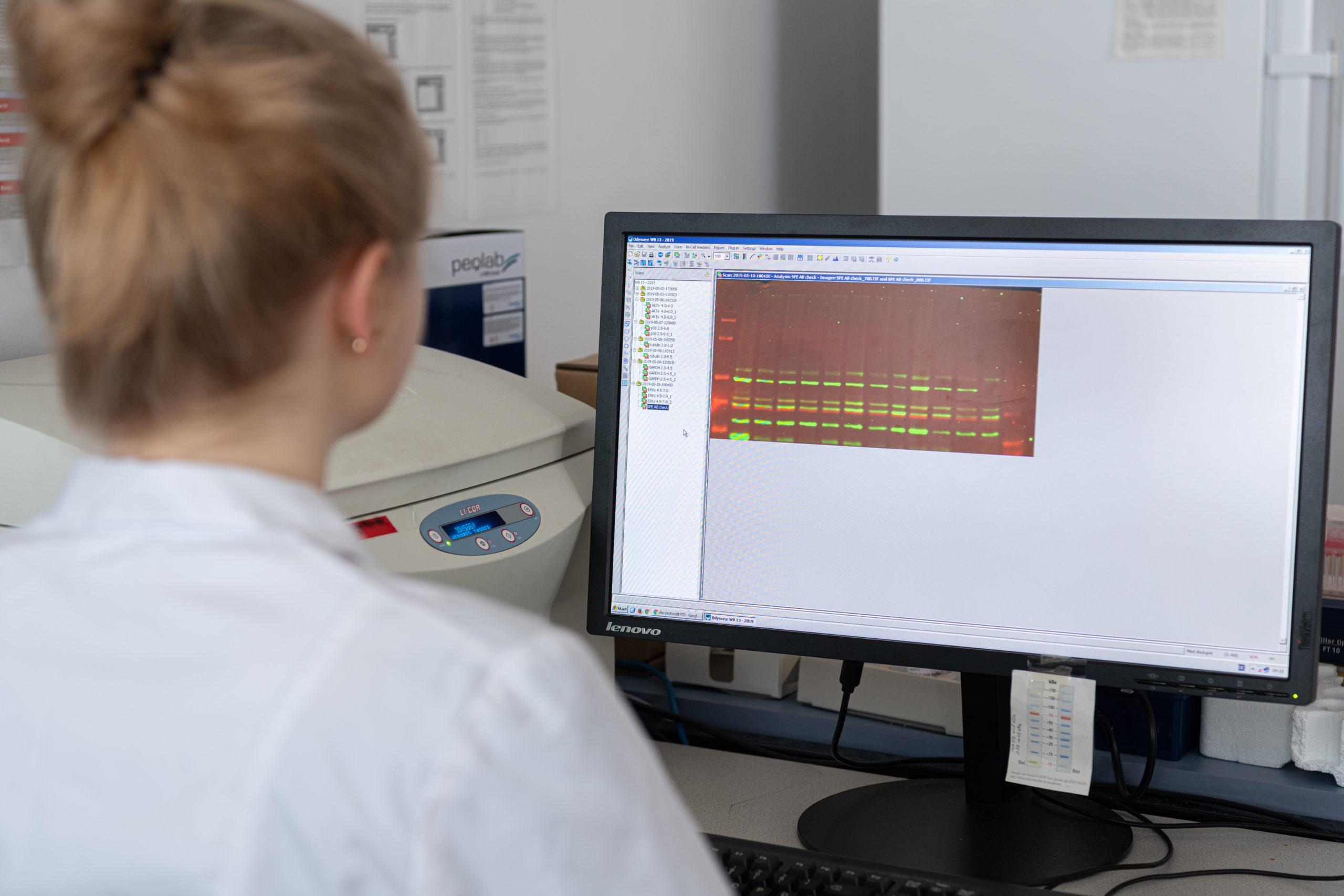Close to Research and Highly Topical
Artificial production of biological tissues and regenerative medicine are the focus of this research-oriented degree program that combines biology, medicine, and engineering.
Students are introduced to two new fields of biomedical science: The goal is to replace defective parts in the human body, on the one hand, and to stimulate the body’s own processes for regeneration, on the other. The possibility of producing usable, natural human tissue such as skin, muscles or bones in the laboratory is one of the great challenges of medicine. International research and development of new therapies in these areas is booming. Students benefit from a close connection to current research.

Now with specializations in bioinformatics and bioengineering
The curriculum of the Master’s degree program has been revised for 2025/26 and expanded to include content on cutting-edge areas such as gene editing, bioprinting and omics technologies.
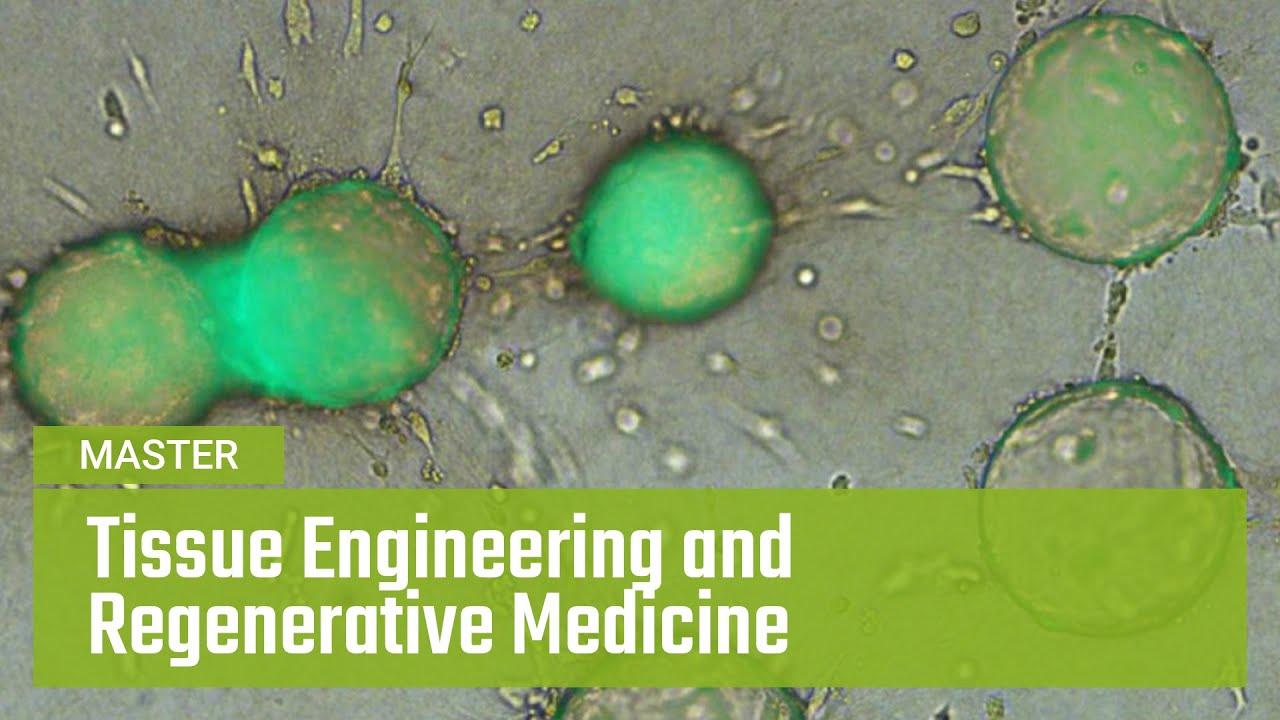
Please accept cookies for external media to view videos
Students Learn:
- To generate various tissues according to the latest science using suitable cells and biomaterials
- To characterize these constructs scientifically and evaluate their therapeutic use
- To select relevant chemical and mechanical stimuli for cells and tissue and analyze and interpret their effects
- To apply the latest methods in cell and tissue biology
- To explain specific signal transduction pathways
- To explain the biomechanical connections underlying cell and tissue biology at the molecular level
- To compare different biomaterials and generate ideas for their use in tissue engineering
- To describe and apply the most important methods in project management and designing studies
- To clearly present and evaluate the functionality of different bioreactor types
- To describe bioprocesses for the creation of recombinant proteins from the gene to pure substance, using microbial and/or animal cell systems
- To explain interactions between artificially generated tissue constructs and the human body relative to immunology and vascular biology
- To describe and utilize the essential properties and application potential of stem cells
- Relevant areas of application for nanotechnologies in tissue engineering and regenerative medicine
- To develop their own ideas in the field of tissue engineering and regenerative medicine based on specialized scientific literature under the supervision of a senior researcher as well as to plan, implement, and analyze experiments
- To document and interpret scientific results as well as to present them in various ways
- To evaluate scientific findings with an eye towards the financial and legal aspects, especially with regard to government regulations and approval processes
Facts
- Start of studies: Beginning of september
- Duration: 120 ECTS credits, 4 semesters
- Degree: Master of Science (MSc)
- Form: Full-time, English
- Coasts per semester: € 363.36 tution fee, € 25,20 ÖH-fee; € 3,000 Tuition fee for students from third countries: exceptions and information
- Possibility for a semester abroad
- Recommended semester abroad (optional): 4
- Available Double Degree program(s): Linköping University
Attendance times
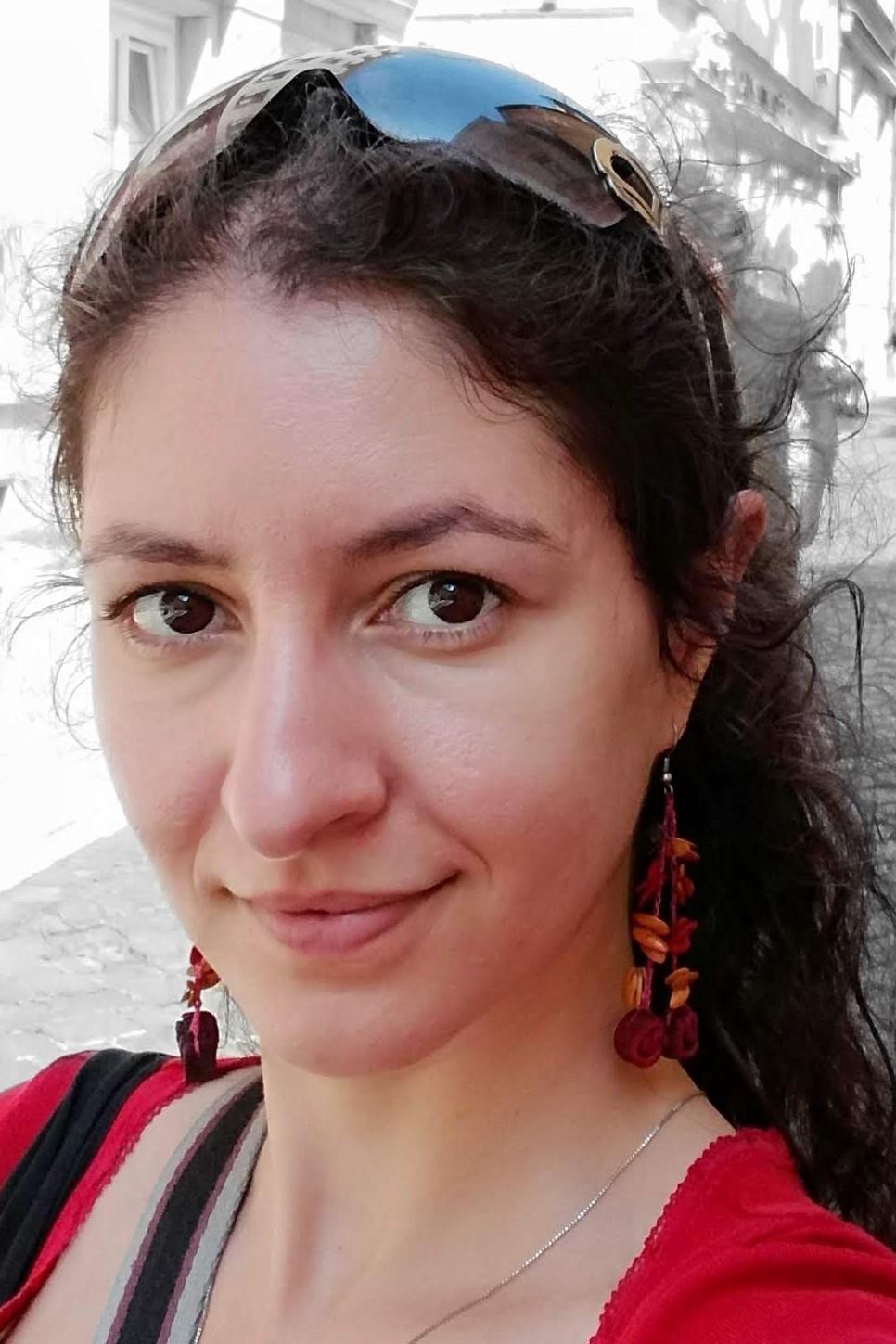
„You can’t get more practical experience than that, and that’s the be-all and end-all for further career advancement in academia.“
Studentin
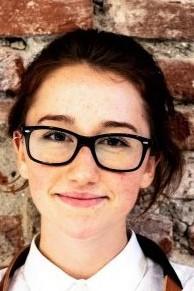
„I build my muscles in a test tube instead of in the gym, and you?“
Studentin
Career Prospects
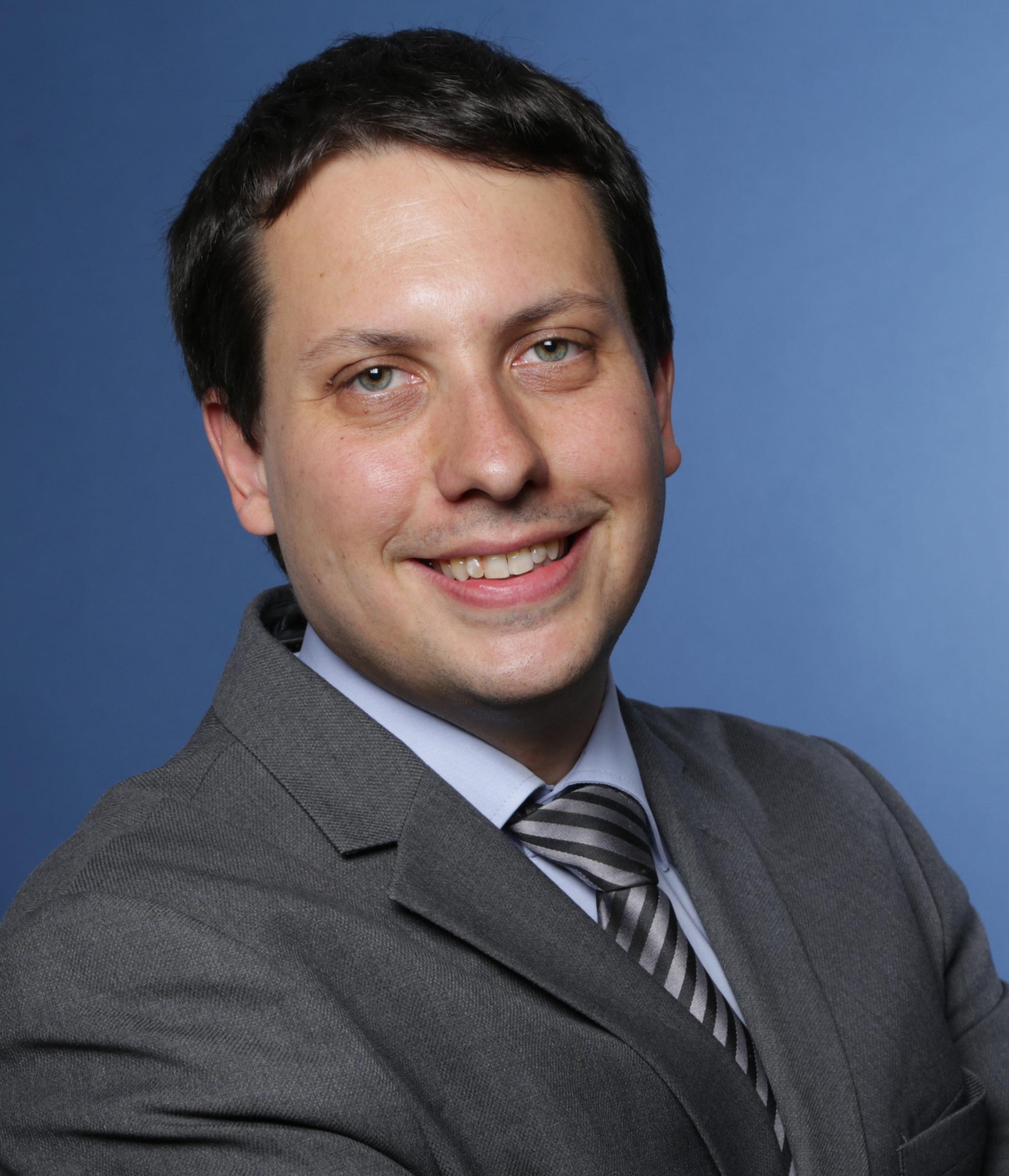
„Students learn, for example, how to handle cell cultures and ways to grow tissue in the laboratory.“
Program Director
Optional Double Degree Program
The program is also offered as a double degree program in cooperation with the Experimental and Medical Biosciences master’s degree program at Linköping University (LiU) in Sweden. Students of the Tissue Engineering and Regenerative Medicine master’s degree program who are accepted into the double degree program study at UAS Technikum Wien the first year and at Linköping University the second year. After successfully completing the program, they receive two academic degrees.
International Experience Reports from the Degree Program
What are the Admission Requirements?
Master’s degree programs build on a completed bachelor’s degree program and serve to deepen or specialize or expand existing competencies.
The admission requirement for the Master’s program in Tissue Engineering and Regenerative Medicine is a completed UAS Bachelor’s degree in a relevant subject or the completion of an equivalent degree at a recognized domestic or foreign post-secondary educational institution (at least 180 ECTS credits).
If the equivalence is basically given and only individual supplements to the full equivalence are missing, the head of the study program is entitled to combine the determination of equivalence with the requirement of examinations to be taken during the respective master’s program.
News from this Program
Contact

Program Director Master Tissue Engineering & Regenerative Medicine
Research Focus Manager Bioengineering & Molecular Life Science Technologies
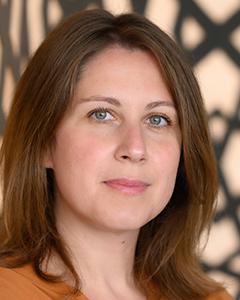
Administrative Assistant
Master Tissue Engineering and Regenerative Medicine
Downloads
Application
The next step to study in the Master Tissue Engineering and Regenerative Medicine is to apply via the online application system of the UAS Technikum Wien:
- The entire application process is handled via a dedicated application website.
- Your data is safe there and is treated with strict confidentiality.
- A registration system allows an application to be started and completed at a later date.
- Once you have entered user data and uploaded documents, you can also refer back to them for later applications.
